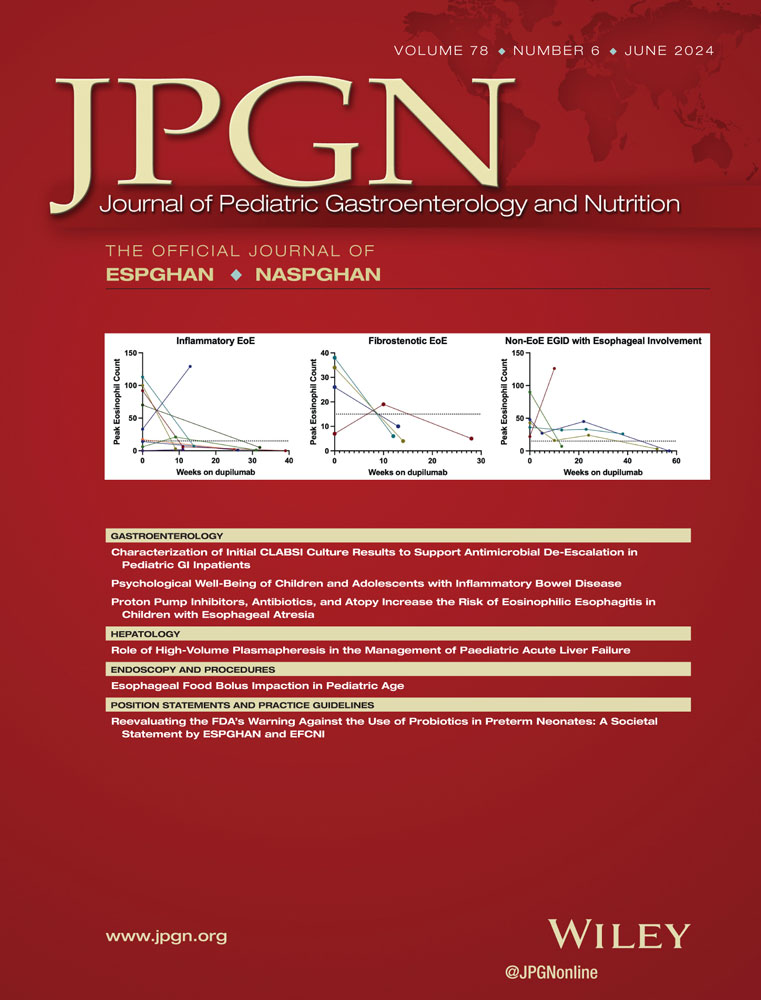Pilot and feasibility of the SMART IBD mobile app to improve self-management in pediatric inflammatory bowel disease
Clinicaltrials.gov #: NCT06023667; URL: https://clinicaltrials.gov/study/NCT06023667.
Abstract
Objectives
Access to evidence-based self-management support in pediatric inflammatory bowel disease (IBD) is a significant challenge. Digital therapeutic solutions can increase access and provide data to patients and providers that would otherwise not be available. We have iteratively developed a mobile application, Self-Management Assistance with Recommended Treatment (SMART) IBD, that allows patients to access self-management support and record symptoms and medication adherence.
Methods
We conducted a pilot and feasibility study for this digital therapeutic tool in which patients used SMART IBD for 30 days.
Results
Results indicated that patients rated the app quality as good and accessed the app adequately overall, with some pages being used often. Medication adherence increased over the course of the study and was associated with sleep duration, mood, and stool consistency and blood content.
Conclusions
Overall, this study demonstrated adequate feasibility for the SMART IBD app and initial findings suggest that additional research is needed to explore the potential impact of this tool in clinical care.
CONFLICT OF INTEREST STATEMENT
The authors declare no conflict of interest.




